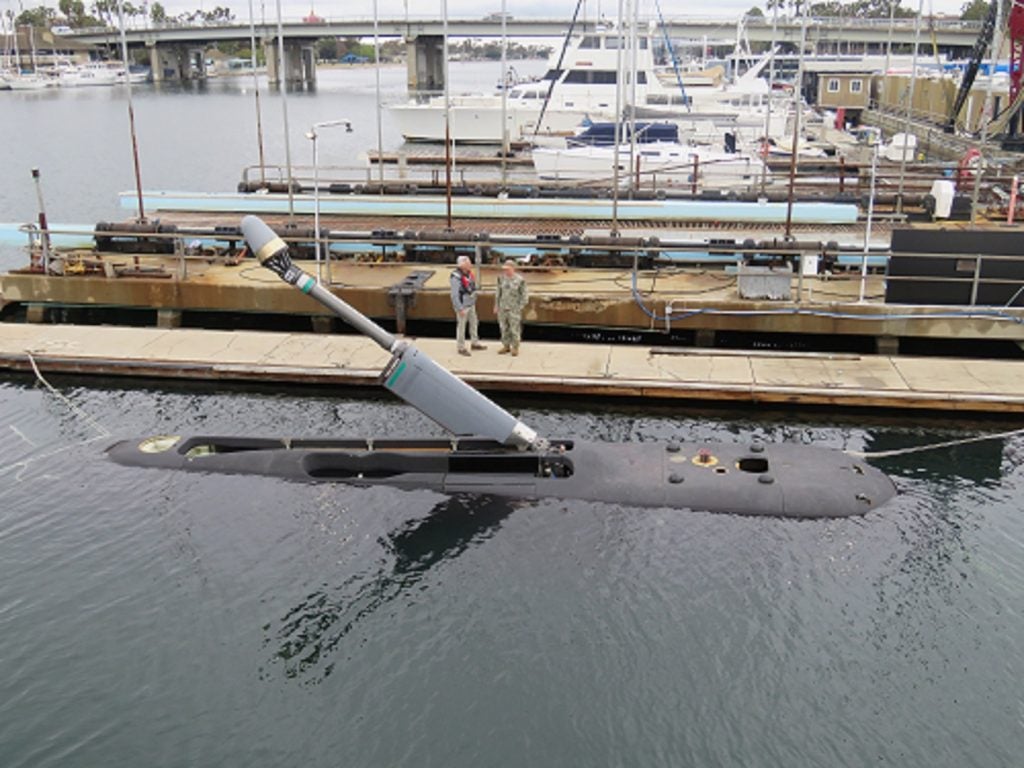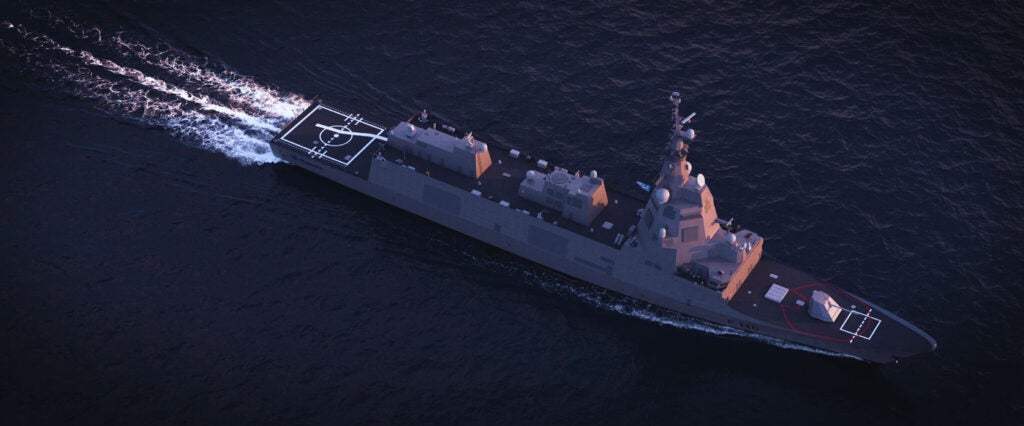Boeing celebrated the delivery of the first Orca extra large uncrewed undersea vehicle (XLUUV) to the US Navy.
Boeing's vice president of maritime and intelligence systems, Ann Stevens, expresses pride in the culmination of over a decade of work. "This is the culmination of more than a decade of pioneering work, developing a long-range, fully autonomous undersea vehicle with a large payload capacity that can operate completely independently of a host vehicle."
The Orca XLUUV is poised to provide naval operations with a new form of orientation independently of a host vehicle.
Boeing's Orca XLUUV, designated by the US Navy as "Orca," emerges as a class of autonomous submarines capable of undertaking extended missions in dynamic environments and contested waters. This delivery follows the completion of acceptance testing this month, signifying an advancement in naval technology.
Boeing's winning design is based on their Echo Voyager XLUUV, which measures 26 metres long and weighs around 50 tons depending on payloads. Soon after Boeing delivered the first Orca XLUUV platform to the US Navy, a GAO audit of the program's progress found that the program was 64% ($242m) over budget and was three years late on its original delivery schedule, according to GlobalData's "Thematic Intelligence: Unmanned Maritime Vehicles 2023" report.
The Orca's autonomy and large payload capacity change the scope of undersea operations, emphasising its ability to operate independently of a host vehicle.
GlobalData's report continues to describe the XLUUV. The Orca will feature a hybrid diesel/Li-ion battery rechargeable power system to enhance endurance, with the platform expected to achieve a maximum operational range of 6,500 nautical miles (12,000km) at cruising speeds of 3–8 knots (5–14km/h).
The precursor to Orca, Echo Voyager, initiated in 2012, served as a proof-of-concept XLUUV. With over 10,000 hours of autonomous operation at sea and traversing hundreds of nautical miles, Echo Voyager laid the groundwork for the Orca XLUUV competition.












